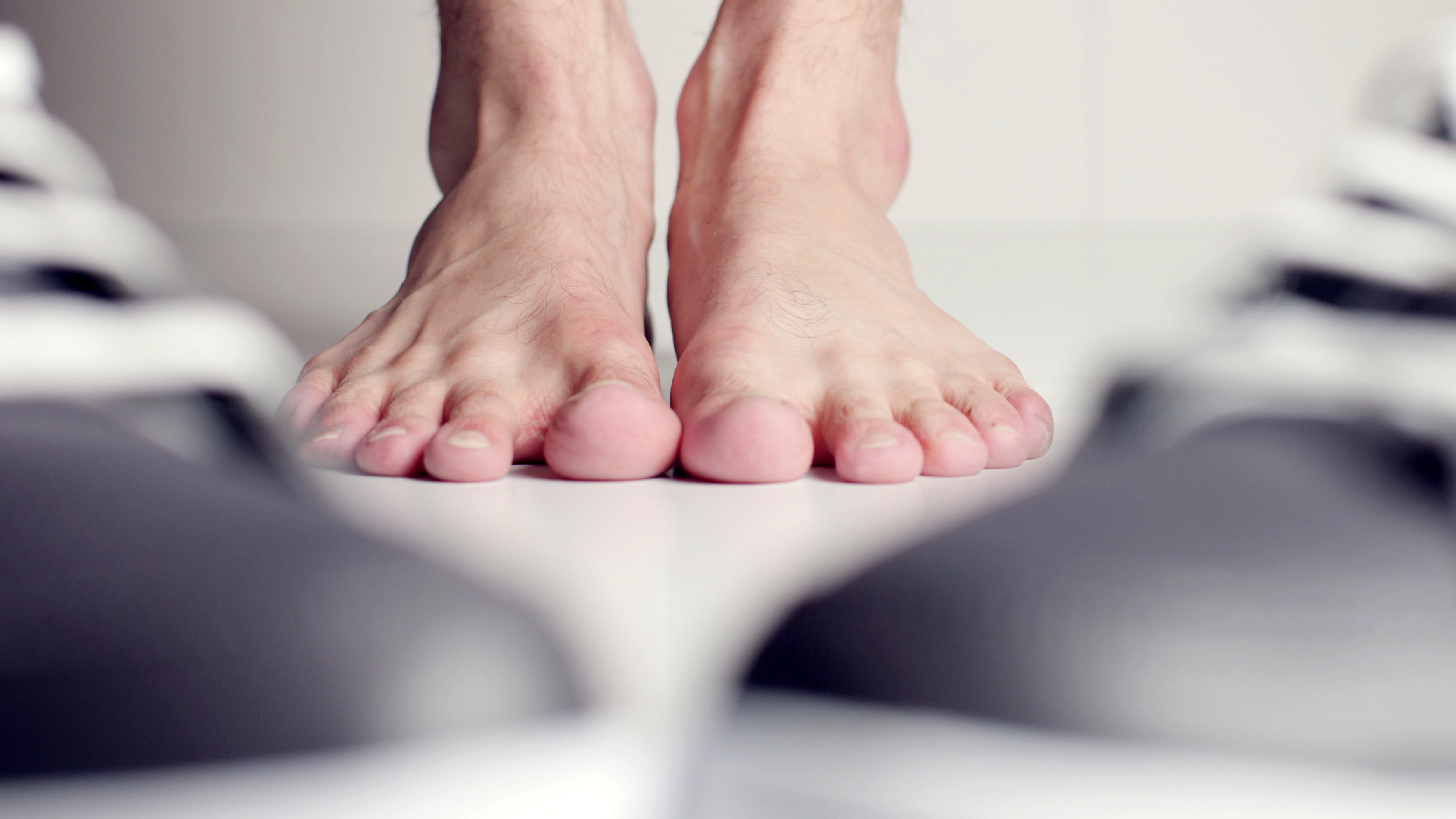
Timika Chambers, CDE answers 9 misunderstandings about diabetes and diabetes management that she often hears from new clients.
Usually, setting the facts straight about diabetes is one of the first things I do with my clients. Many people are fearful of the condition and feel powerless when it comes to managing their health. Blood sugar management adds a whole new level of confusion and frustration. It is not uncommon for me to meet people who have given up on their health and have a fatalistic view. However, after people receive accurate knowledge, resources, and the support needed, they feel empowered and inspired to manage their diagnosis.
-
If a relative has diabetes, I will get diabetes. Having a family history does increase one’s chances of being diagnosed with diabetes. While Type 1 diabetes is an autoimmune condition, meaning your body attacks the cells that make insulin, Type 2 diabetes is mostly lifestyle dependent. You can help avoid or ward off a diagnosis of Type 2 diabetes by making positive changes in your health, such as managing your blood pressure management, choosing balanced meals, sticking with appropriate portion sizes, and incorporating exercise most days of the week.
-
I cannot eat foods that have sugar in them, including carbohydrates and fruit. Carbohydrates supply the main source of energy that your body uses for daily activities and exercise. The amount of exercise and physical activity may affect your intake of both. Fruits have natural sugar, fructose, and contain nutrients such as fiber, antioxidants (keep your cells from rusting), and other minerals your body needs. Moderation is key to eating the foods you love.
-
I do not need to check my blood sugar. My doctor checks my Hemoglobin A1c. Diabetes management is daily lifestyle management. A Hemoglobin A1c is an average of your blood sugars for the past three months. The last thing you want your health care provider to say at your next visit is that your blood sugars have been high, and we need to put you on medications. When you know what your blood sugars are daily, you can catch the highs and lows and treat accordingly. By paying attention to your body, you train your body to keep giving you symptoms when your blood sugars are high or low.
-
My doctor will tell me everything I need to know about my health. Taking care of your health is a team approach. You are with your body 24 hours a day and seven days a week. No one knows your body better than you do. The more information you can provide to your doctor, including a journal of foods eaten, concerns, questions, the more your healthcare provider can pinpoint it down to the right treatment. Keep a list of your questions and take them with you to every appointment. The more informed you are about your health, the more empowered you feel to make the right choices for yourself.
-
A family member lost her eyesight or had an amputation. If it happened to her, the chances are that it will happen to me, too. Seeing a loved one experience health problems can be hard. However, the same health problems do not need to happen to you. Seek the necessary support and resources such as a Diabetes Prevention Program, diabetes classes, a Registered Dietician, and Certified Diabetes Educator so you can learn what you can do to ward off diabetes and diabetes complications.
-
Eating healthy is hard. No one body is alike. It is essential that you get to know your body and what your body likes and does not like. Healthy living is a process. Check to see if there are cooking classes in your community, such as your local hospital or community college. I also encourage people to start with the basics of cooking and build up.
-
I do not need to check my blood sugar. I know how I feel when my blood sugar is high or low. Nerve damage is a potential complication which can affect the way your body communicates with you. Sometimes people do not have symptoms until their blood sugar is dangerously low or high. Listen to your body and regularly check your blood sugars to make sure you are on the right path.
-
I can miss breakfast and eat a larger meal or dinner. The more consistent you are with eating, the more consistent your blood sugars will be. Food is fuel for your body. If your car is low on gas, would you miss a fill-up? Whatever you decide to do with your eating schedule, please continue to monitor your blood sugars and listen to your body.
-
It’s okay to walk barefoot sometimes. I will never forget a client who walked in the triage clinic and complained of foot pain. Upon examination, he had glass stuck in his feet. Always protect your feet, you only get two of them.

